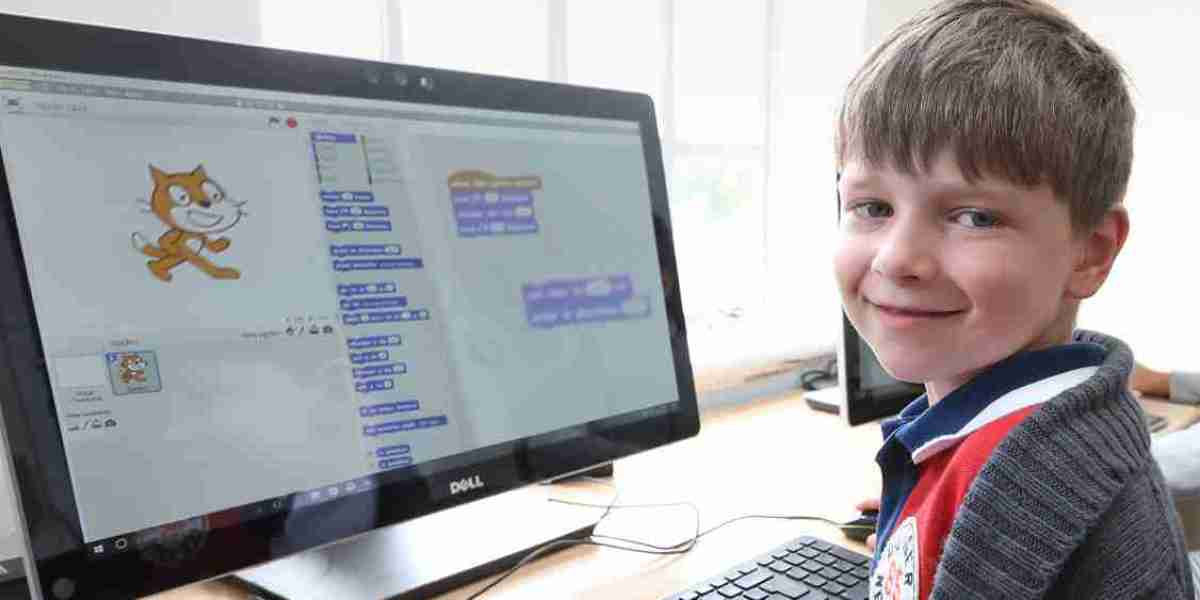In an era dominated by technological advancements, the integration of machine learning into education is not just a possibility; it's becoming a necessity. With the emergence of Machine Learning for Kids (ML4K), the landscape of education is undergoing a transformative shift, promising tailored learning experiences and enhanced educational outcomes.
Machine learning algorithms have the unique capability to analyze vast amounts of data and identify patterns, enabling personalized learning paths for students. This individualized approach caters to each student's specific needs, strengths, and learning styles, fostering a more engaging and effective educational experience.
One of the most promising applications of machine learning in education is through adaptive learning platforms. These platforms leverage algorithms to assess students' proficiency levels and dynamically adjust the curriculum to match their pace of learning. By providing targeted interventions and personalized content recommendations, adaptive learning systems optimize learning efficiency and promote deeper understanding of concepts.
Moreover, machine learning algorithms can facilitate early detection of learning difficulties and provide timely interventions. By analyzing students' interactions with educational content, these algorithms can identify patterns indicative of potential challenges or misconceptions. Teachers and educators can then intervene promptly, offering personalized support to address students' specific needs and ensure they stay on track academically.
The advent of Machine Learning for Kids (ML4K) further extends the benefits of machine learning to younger learners. By making complex concepts accessible and engaging, ML4K initiatives inspire curiosity and creativity in children while laying the foundation for future technological literacy. Through interactive platforms and educational games powered by machine learning algorithms, kids can explore fundamental concepts in fields like mathematics, science, and computer science in an intuitive and enjoyable manner.
In conclusion, machine learning holds immense potential to revolutionize the field of education, particularly for young learners. By harnessing the power of personalized learning, adaptive systems, and early intervention strategies, machine learning is reshaping the educational landscape, paving the way for a more inclusive, effective, and engaging learning experience for all students. With Machine Learning for Kids leading the way, the future of education looks brighter than ever before.



